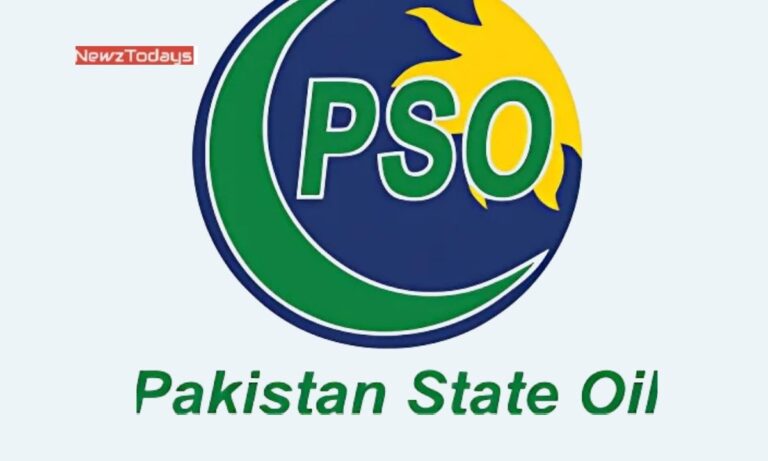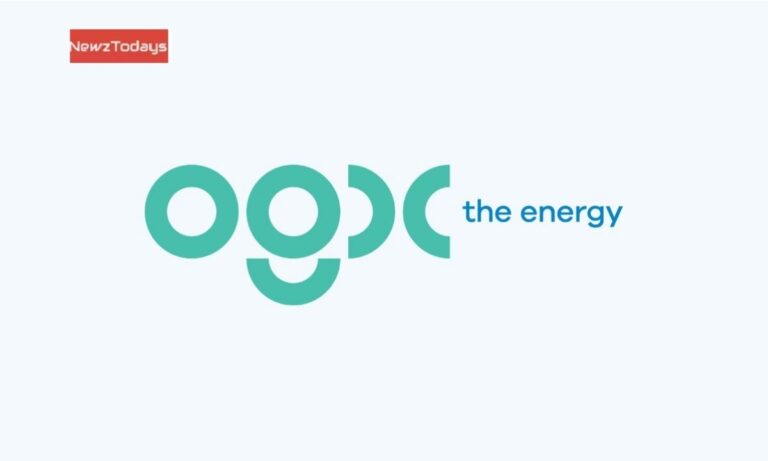Two local gas producers, Dewan Petroleum and Al-Haj Enterprises, have reportedly struck dubious supply deals with third parties in a bid to secure gas marketing and distribution licenses from the Oil and Gas Regulatory Authority (Ogra).
Inrevenors said that applications were submitted by third parties, partly based on future discoveries, which is contrary to OGRA’s licensing framework, which requires firm supply.
Oil and Gas Regulatory Authority (Ogra) conducted a public hearing, which raised serious questions over the eligibility of the private parties that are looking to obtain gas distribution and marketing licenses from the regulator.CNG Industry offers 53% Cheaper gas for Vehicles
These Companies include M/S Ghani Oil and Gas (Pvt) Limited, MetroGas and Wellhead company, which are looking for licenses from the regulator.
Chairman Ogra Masroor Khan said during the pubic hearing that they would conduct the due diligence and would issue decisions keeping in view the questions raised by the intervenors.
During the hearing, it came to the notice that Dewan and Al-Haj Enterprises had signed agreements with different parties, although they did not have a firm gas supply, and these agreements were based on future discoveries.
After the approval of the government to increase gas allocation from 10 to 35 percent to third parties, different parties have approached the regulator to obtain licenses.
The recent hearing has also raised questions about the role of Ogra to scrutinize the petitions submitted by three parties that had deals with firms without available gas.
During the public hearing, the situation became more alarming that two local gas producers had signed a memorandum of understanding (MoU) with third parties to provide gas based on future discoveries.
Alhaj Group, an oil and gas exploration company, had signed two MoUs with two firms seeking licenses from Ogra. During the hearing, a question was raised by the intervenors regarding available gas.
Representative of Ahaj Group revealed that they did not have gas at present, but they had given a commitment for future gas production. The question was raised about what would happen if the exploration company failed to produce any gas.
The situation becomes more alarming as Alhaj Enterprises Private Limited has already revised gas allocation to SNGPL, increasing from 20 to 45 mmcfd. So, in this situation, it does not provide additional supply, and at the same time, it has signed an MoU with those companies that were seeking licenses from the Ogra.
On the other hand, Dewan Petroleum, an exploration company, had signed an MoU with Wellhead Energy Solutions for gas supply. At the same time, it had also signed an agreement with another firm, M/S Faqeer Wali. A representative of Faqeer Wali appealed not to issue a license to Wellhead Energy, as it already had an agreement with Dewan Petroleum.
During the hearing, the intervenors raised questions several times about the availability of gas to Ghani Oil and Gas Group, but the source of supply was not revealed during the public hearing. It had also led to raising questions over the transparency of the process to grant a license.
During the public hearing, a representative of M/s HITECH Pipe and Engineering Industries Pvt Ltd said that any decisions, determinations, or recommendations arising from the hearing may directly and materially affect its rights, obligations, and commercial interests.
Another intervenor, Muhammad Rafiq, said that Ghani Oil and Gas has submitted MOUs with SNGPL and SSGC; however, these are indicative only and do not establish binding transportation arrangements. He further said that it has submitted an MOU signed with Tariq Lime Merchant, and Tariq Lime has no regulatory approvals in place for sales of gas to third parties. Therefore, it cannot be treated as a firm supply source.
In addition, this MOU does not specify any committed volume to be sourced. As per Licensing Rules, applicants are required to submit the quantity of gas that they want to procure. Ghani Oil and Gas has shown anticipated sales of 22 MMCFD to industrial consumers, which are not backed by firm commitments.
About Metro Gas, another intervenor, Raja Sadaqat Awan Advocate, said that Kot Palak gas owned by Alhaj Group is out of specification (nitrogen up to 20%, GCV around 800 BTU/SCF), making it unsuitable for pipeline injection without treatment.
He said that Metro Gas has indicated the purchase of 45 MMCFD from Kot Palak Gas Field (Al-Haj Enterprises), however, this volume has already been allocated to SNGPL, creating a direct conflict.
In any case, Metro Gas has not shown the minimum requirement of 10 MMCFD of gas procurable by it to satisfy the Gas Network Code requirement for injection,” he said, adding that the application is partly based on future discoveries, contrary to OGRA’s licensing framework, which requires firm supply.
He further added that the Transmission pipeline status is unclear. SNGPL is laying its own line to inject allocated volumes, leaving Metro Gas without a confirmed evacuation. In addition, third parties can only avail 35% of Kot Palak volumes, further restricting availability,” he said added that MoU(s) with SSGC, SNGPL, and Al-Haj Enterprises, as well as consumer lists, remain indicative and do not establish firm capacity or supply.
He further said that the entire feasibility study is based on 20 MMCFD, while Metro Gas has only provided an MOU for a maximum of 5 MMCFD (which, as discussed above, are already allocated).
“Letter from Orient Petroleum for the Zamzama Field is not backed by a confirmed allocation,” he said, adding that the Zamzama Field has also already been allocated to SNGPL.
Muhammad Fahd Ibrahim Advocate, an intervenor, said that Kot Palak Gas Field is currently not connected to the SNGPL network, and SNGPL is preparing a pipeline construction plan considering its own gas allocation from this field.
Kot Palak Gas Field (Al-Haj Enterprises) is also mentioned as a source, but no quantity is stated, and the same gas field has already been allocated to SNGPL (Petroleum Division letters attached).
MoU with SNGPL submitted, but no MoU with SSGC has been provided,” he said, adding that MoU(s) with consumers MK Sons and Sitara Chemical provided, though without firm supply, these remain non-binding.
MoU with Dewan Petroleum for gas from Salsabil Gas Field lacks specific committed volumes, is off-spec, and the field itself is not connected to SNGPL/SSGC networks, making injection infeasible,” he said, adding that overall, the application lacks demonstration of firm supply sources, confirmed transportation arrangements, and proper technical feasibility.






